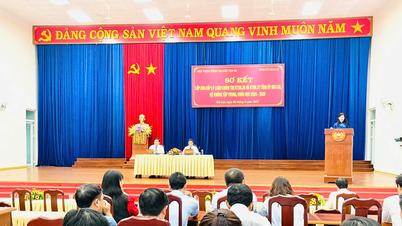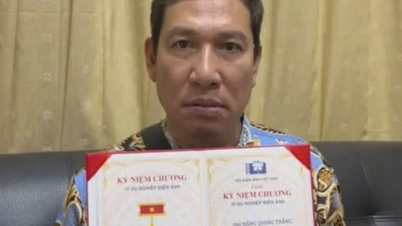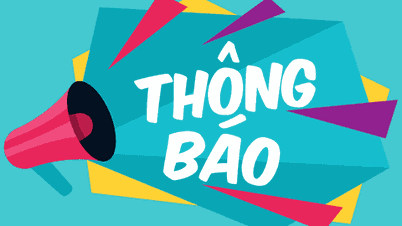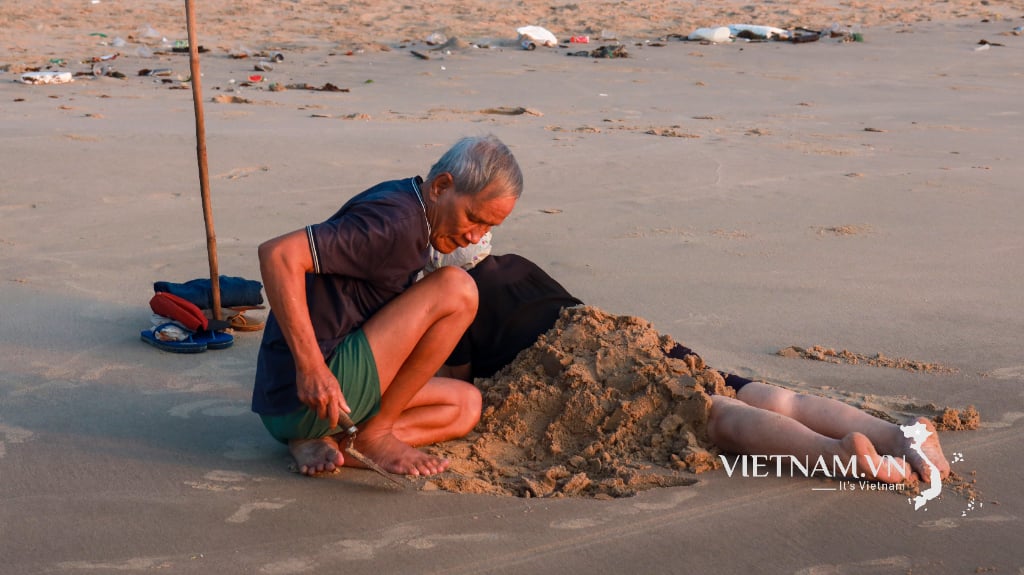In the era of social media explosion, celebrities are not only artists but also powerful “salespeople”. However, there are many cases where stars and KOLs have falsely advertised products, from functional foods to cosmetics and household appliances, leading to serious consequences for the health and property of the community. These behaviors raise many questions about the professional ethics and social responsibility of celebrities.
In fact, the current advertising market is witnessing a strong shift from traditional media to social networking platforms. With just a clip of a few dozen seconds, a post with a celebrity image, a product can be consumed in thousands of orders in just a few hours. That influence makes businesses willing to spend hundreds of millions to billions of dong to "buy" words from celebrities. However, the consequences also start from here. Many artists, hot TikTokers, YouTubers have promoted products of unknown origin, without scientific verification, and even of a fraudulent nature.
In 2021, the Food Safety Department ( Ministry of Health ) warned about the trend of artists advertising functional foods as "panaceas", curing all diseases, and enhancing resistance. Notably, a number of artists advertised the product "Effervescent Tablet X" with the effect of "rapidly enhancing physiology" but without any inspection license from the health authority. The product was later found to be of poor quality, did not have the effect as advertised, and was recalled. In the same year, an artist was heavily criticized for livestreaming to sell skin whitening cosmetics, but this product was reported by consumers to cause allergies, red rashes, and even skin burns. Although the artist later apologized and said that "he did not know the product was of poor quality", the consequences happened to thousands of people.
Not only in the field of cosmetics or functional foods, many celebrities also lend a hand to fraudulent e-commerce platforms, financial investment apps, and disguised virtual currencies. Many people have lost hundreds of millions of dong because they believed in the recommendations of artists they love and admire. The dangerous thing is that many consumers, especially the elderly, women and teenagers, tend to trust the recommendations of their idols without checking the origin and legality of the product. They see it as a "guarantee of product quality". Therefore, when the product is not guaranteed, the consequences are not only financial but also related to health, honor and social trust.
The 2012 Advertising Law clearly stipulates: “Advertising spokespersons are responsible for the advertising content they create”. However, the handling is still lax, mainly stopping at the form of reminders, requests to remove content or light administrative penalties, not enough to deter. In 2023, the Ministry of Culture, Sports and Tourism and the Ministry of Information and Communications issued a document requiring celebrities to strictly comply with advertising regulations, especially for items related to health, finance, and education. However, to create real change, a transparent monitoring mechanism, strict enough penalties, and especially self-awareness of professional ethics from celebrities themselves are needed.
Recently, a series of cases related to the production and advertising of counterfeit and poor quality goods with the participation of artists and celebrities have been investigated and handled by authorities, attracting special attention from the public. Previously, in 2023, two famous comedians were also summoned for their involvement in livestreaming the sale of fake cosmetics, when the products were found to contain banned substances that are harmful to the skin.
At the same time, a hot TikToker with millions of followers was arrested for colluding with subjects to produce floating weight loss pills, labeling them as imported products to sell at high prices, illegally profiting tens of billions of dong. These incidents not only cause material damage to consumers but also raise alarm bells about professional ethics and social responsibility of celebrities in the era of "each like can become a double-edged sword".
Celebrities have the right to make money from their fame, but that right must come with a moral responsibility to the public. Their every word can bring profit, but it can also cause harm to thousands of people. Don't let a few minutes of advertising cost the lives of an entire community. The public needs to be alert, celebrities need to be honest, and the law needs to be strict. That is the only way to restore trust in a digital media society full of mixed information like today.
Source: https://baodanang.vn/xa-hoi/202506/khi-nguoi-noi-tiep-tay-hang-gia-hang-kem-chat-luong-4008090/






























![[Photo] President Luong Cuong works with Hung Yen and Thai Binh Provincial Party Committees on implementing Resolution of the 11th Central Conference, 13th tenure](https://vphoto.vietnam.vn/thumb/1200x675/vietnam/resource/IMAGE/2025/6/6/127b735d2761484d81dcee0d7725a25b)
![[Photo] General Secretary To Lam receives Korean Ambassador to Vietnam](https://vphoto.vietnam.vn/thumb/1200x675/vietnam/resource/IMAGE/2025/6/6/a0765b7543784cbcbfe4755b67d43ab4)






















































![[OCOP REVIEW] Tu Duyen Syrup - The essence of herbs from the mountains and forests of Nhu Thanh](https://vphoto.vietnam.vn/thumb/402x226/vietnam/resource/IMAGE/2025/6/5/58ca32fce4ec44039e444fbfae7e75ec)











Comment (0)